History is defined as “The narration of the events which have happened among mankind, including an account of the rise and fall of nations, as well as of other great changes which have affected the political and social condition of the human race,” said John J. Anderson.
History is being written, every day, but the bigger the events that happen, the less people seem to care about them. Yet there are others that make it their entire livelihood to comment on these events. I want to ask the question, do people care about history?
To start, when I say history, I mean any past or ongoing event. When I ask if they care, I mean in the sense if they actively learn or are interested in a specific topic. This can range from the birth of Jesus Christ to the beginning of the Napoleonic Wars.
To figure this out, we can look at trends, especially among school children. On April 24th, 2020, Forbes had discovered that scores in history have declined: only 15% of 8th graders scored proficient or above in U.S. history.
Forbes also reported that people at Texas Tech were asked by their peers’ questions like “Who won the civil War?” A lot of answers were “The South.” Even the Washington Post had more to add.
The Washington Post on July 1st, 2021 reported that 1 in 3 Americans couldn’t pass a citizenship test that all immigrants must take to have naturalization. It seems a bit ridiculous to think that the country you live in is mostly a mystery to you.
Then there’s the people that do care about history. Such as the organizations that devote themselves entirely to history. There are historical tours in places like Little Havana, a part of Florida that mixes American and Cuban culture to an extreme extent.
You can go to Washington D.C and see the Vietnam Veterans Memorial, giving tribute to those that lost their lives during the Vietnam War. Or Arlington National Cemetery founded by the US Army in 1864.
It was to hold those that had died whether in battle or at home. They even still hold funerals to this day. There’s even a special part of the US Army called the Honor Guard, they commemorate history by protecting the Tomb of the Unknown Soldier, men who were unknown when found dead and placed there.
Yet besides that there are multiple other organizations commemorating history on not such a grand scale, for example the multiple dates spent talking about a specific race’s history at our school or the National Honor Society here at school which dabbles in historic learning.
Even others hold the same belief as these school organizations. When I had asked Brandon Colon in the 10th grade if he cared about history, he said “Euro History is the best, because I don’t have history class, I only have European history.”
There’s also another student that said, “I think that history is very important, it actually teaches us the foundation of how things happen and without it we wouldn’t understand what happened in the past.” That was said by Giovany Cotto in the 10th grade.
In conclusion, do people care about history? Well, it’s always more nuanced than yes or no. On an individual level, most people don’t really care about history since it doesn’t affect them according to their own knowledge. On a collective level, a lot of organizations dedicate themselves to guarding, preserving, and teaching history to others.

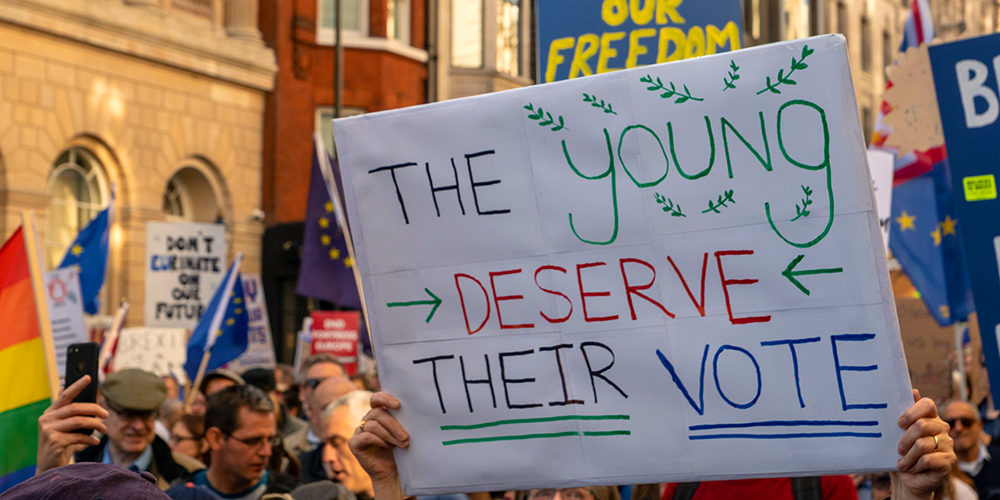
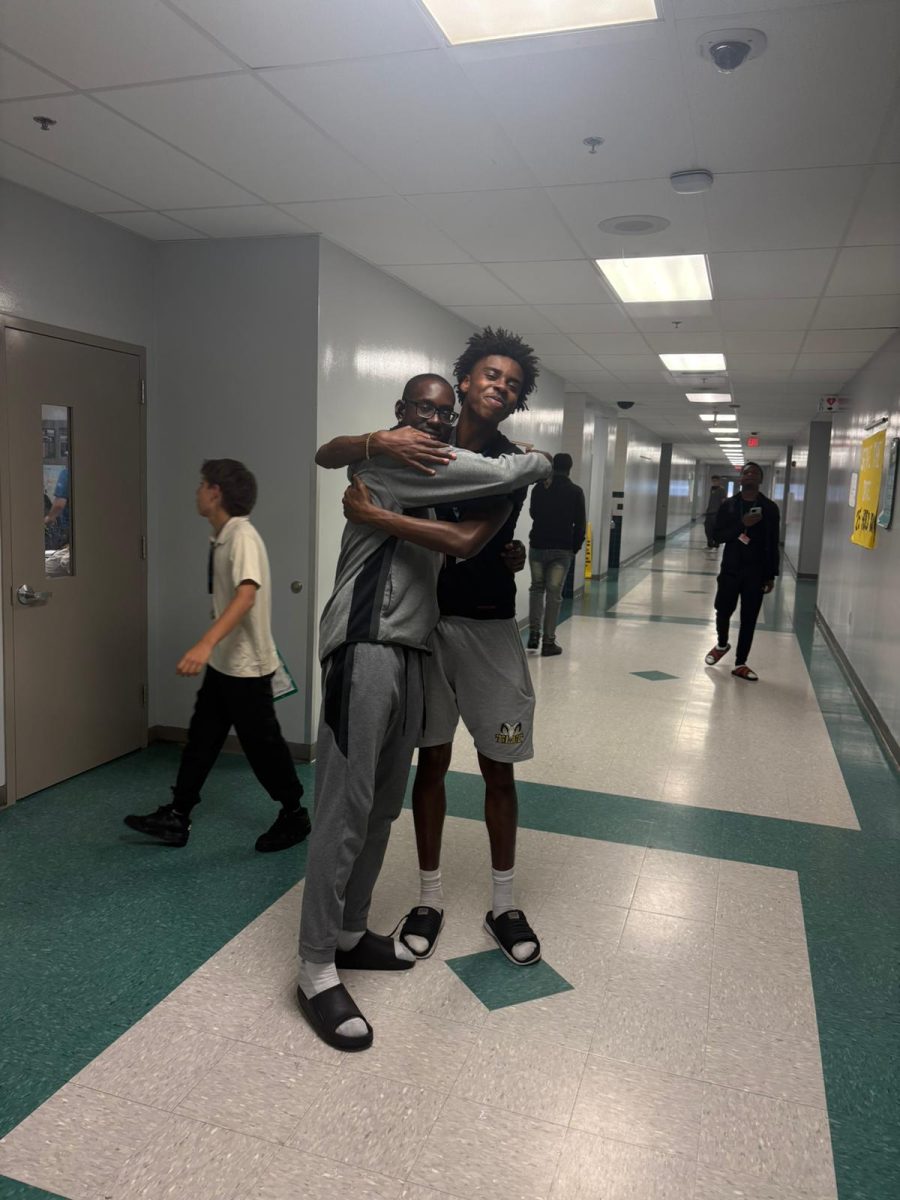


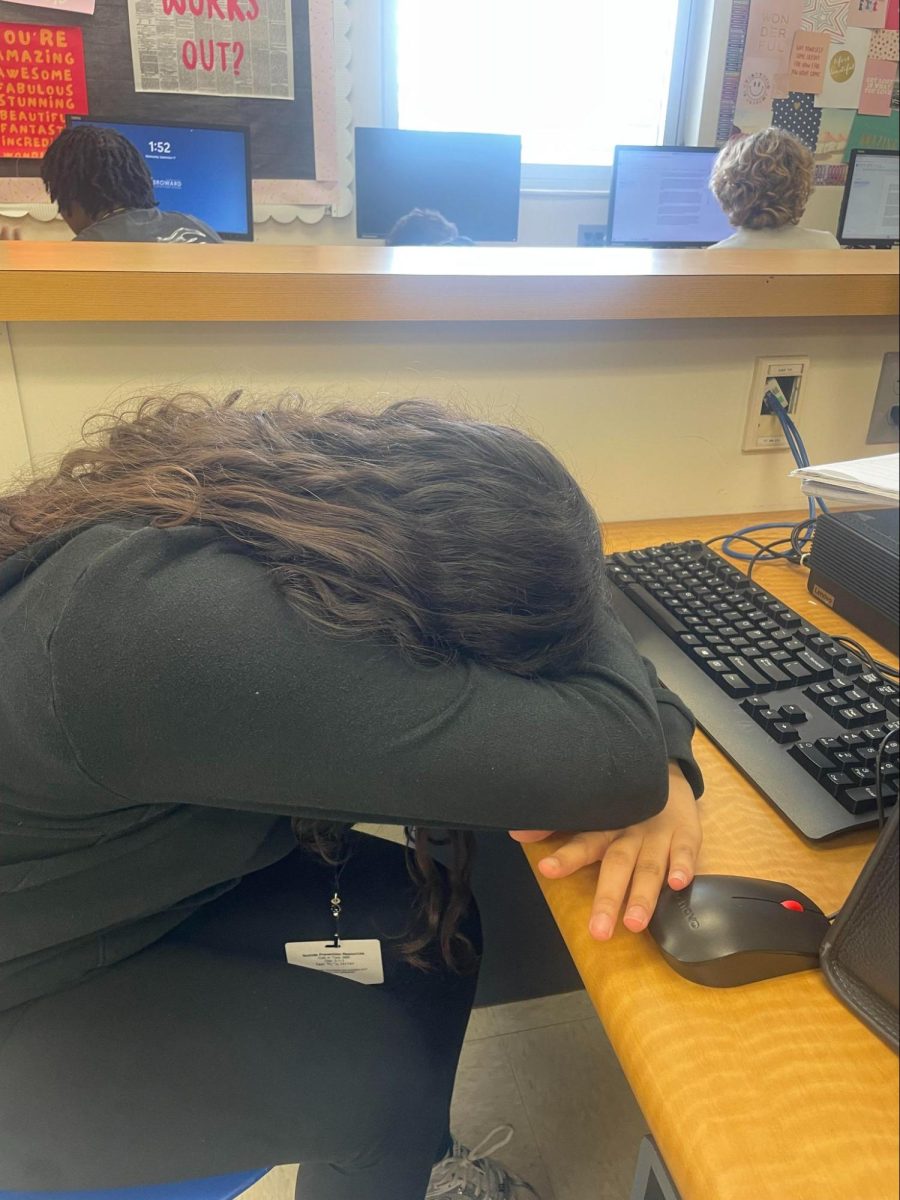


![[Photograph of an Italian sandwich] Photo Creds: https://www.thepioneerwoman.com/food-cooking/recipes/a42398453/italian-sandwich-recipe/](https://cghstheprowl.com/wp-content/uploads/2025/10/image1.png)






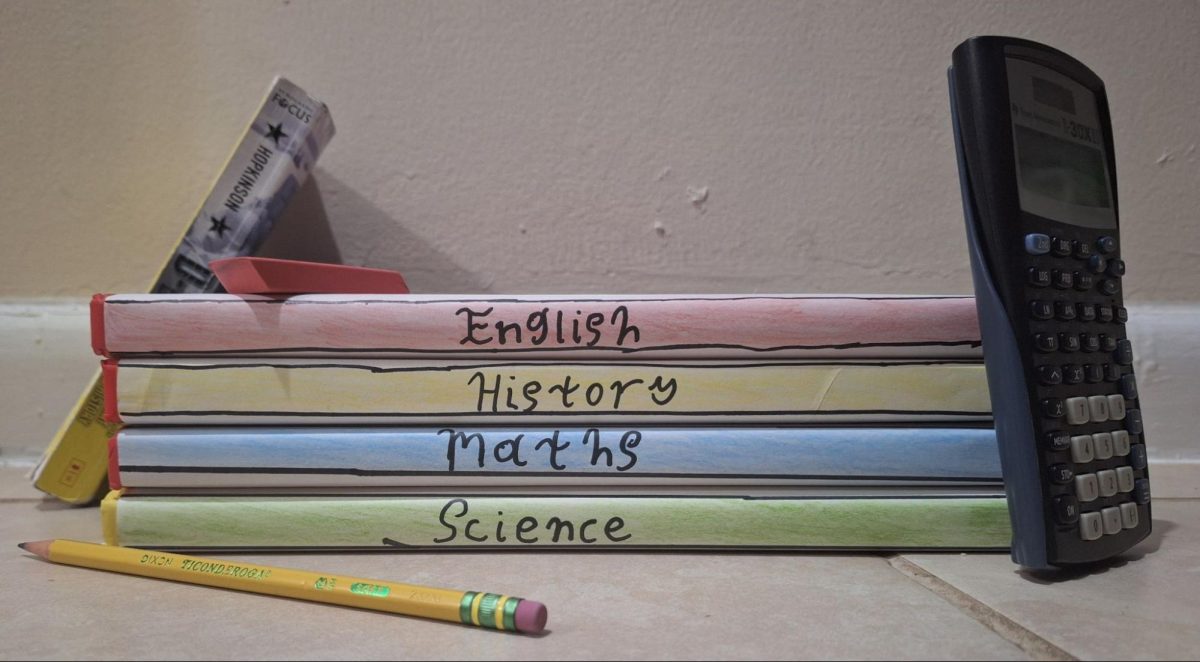




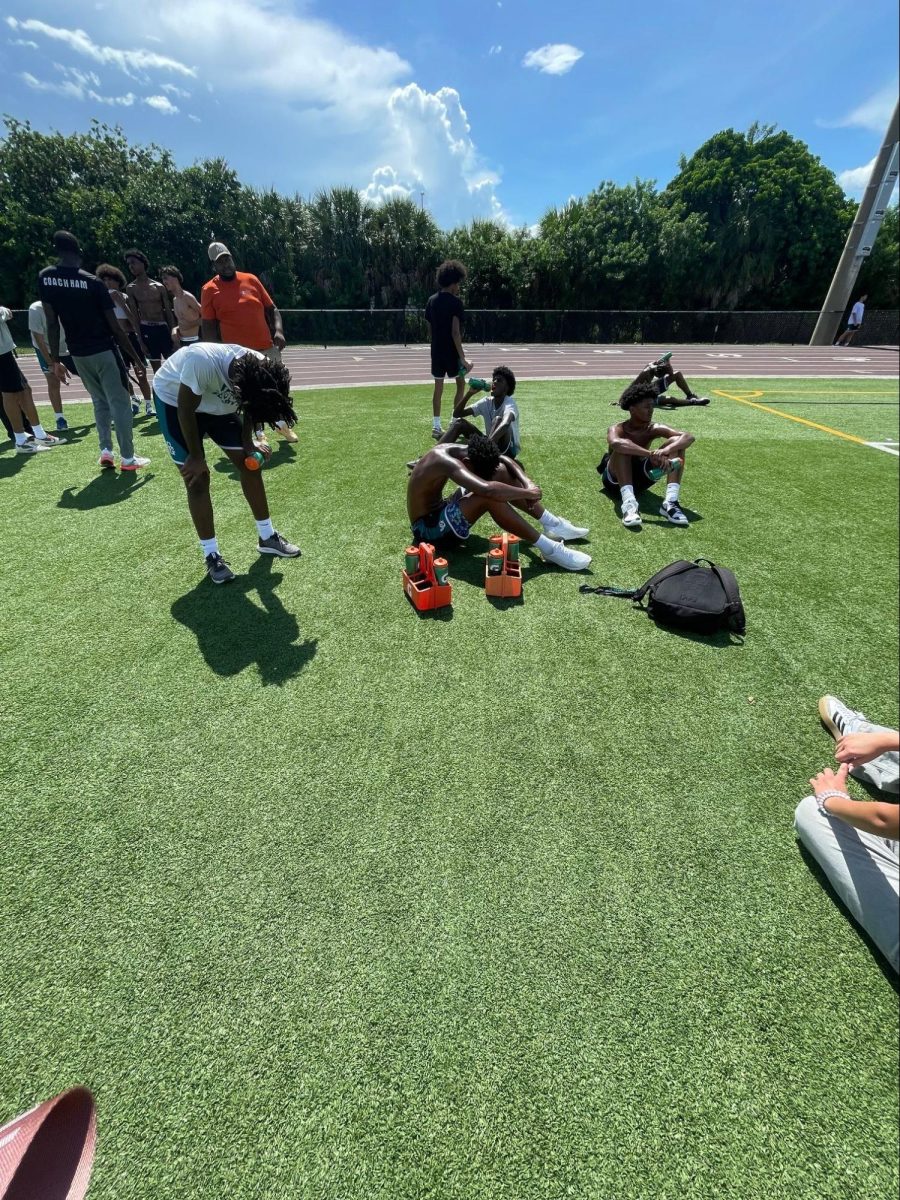


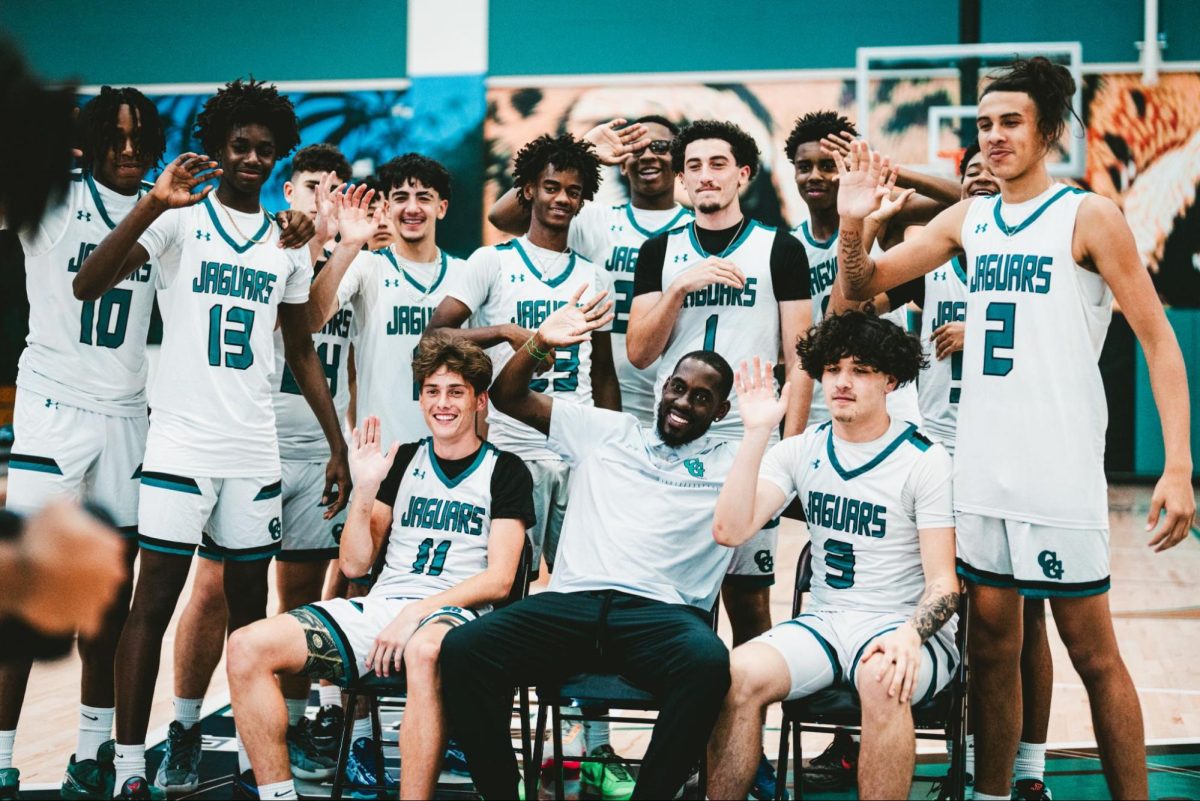












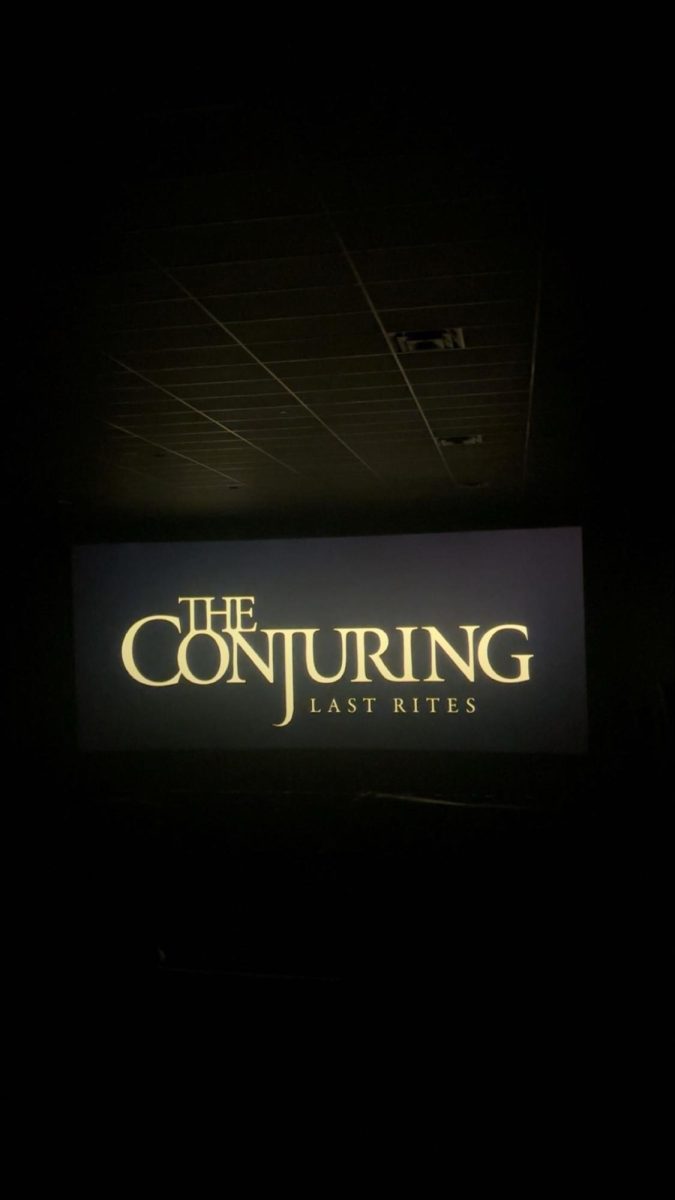


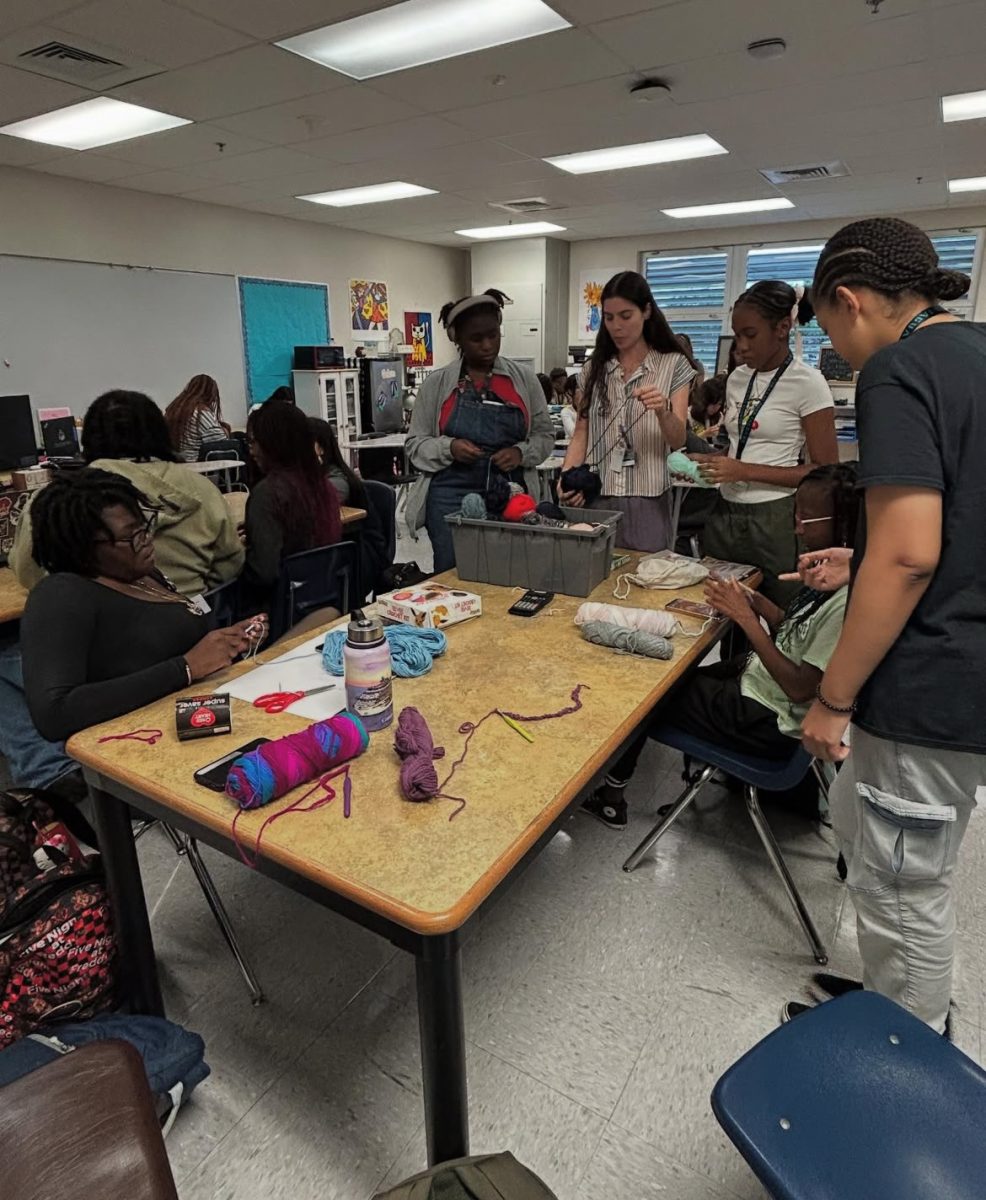




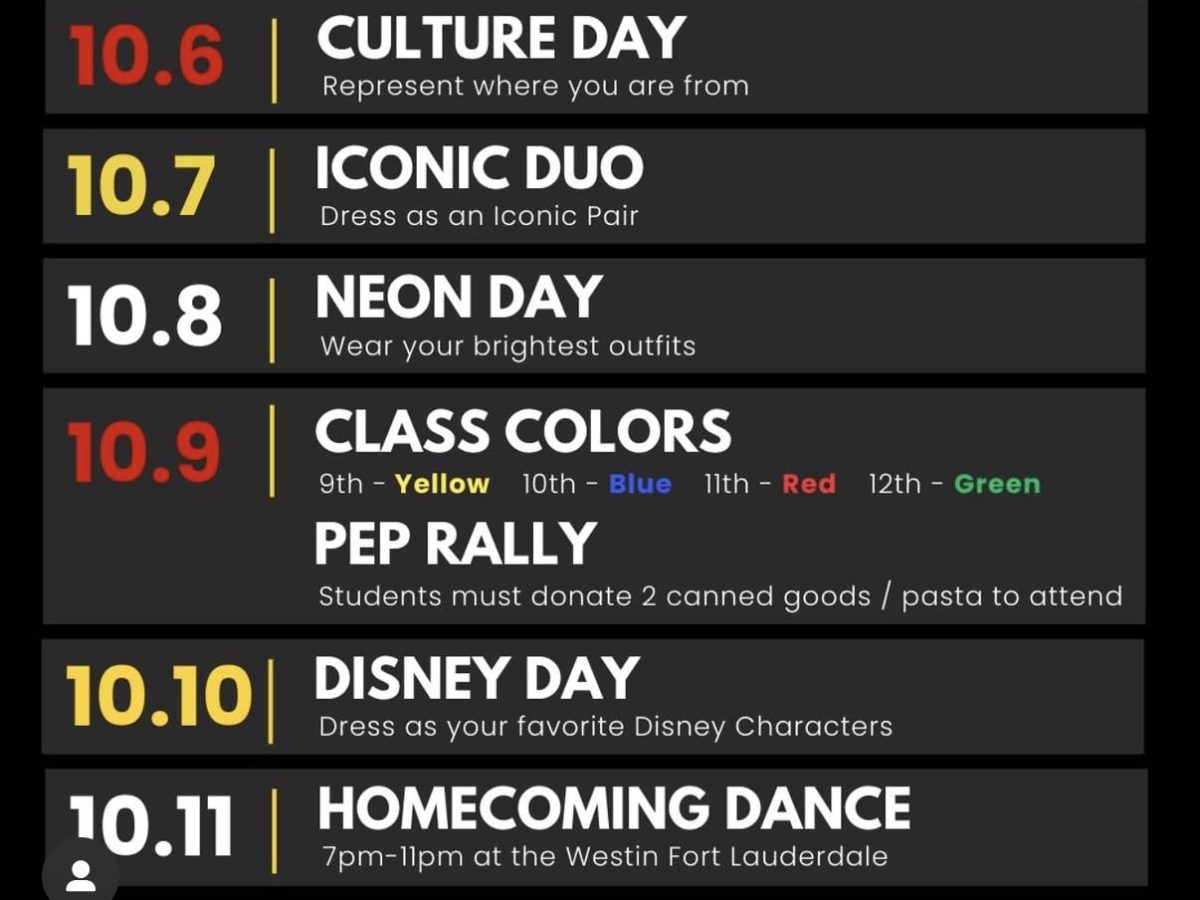



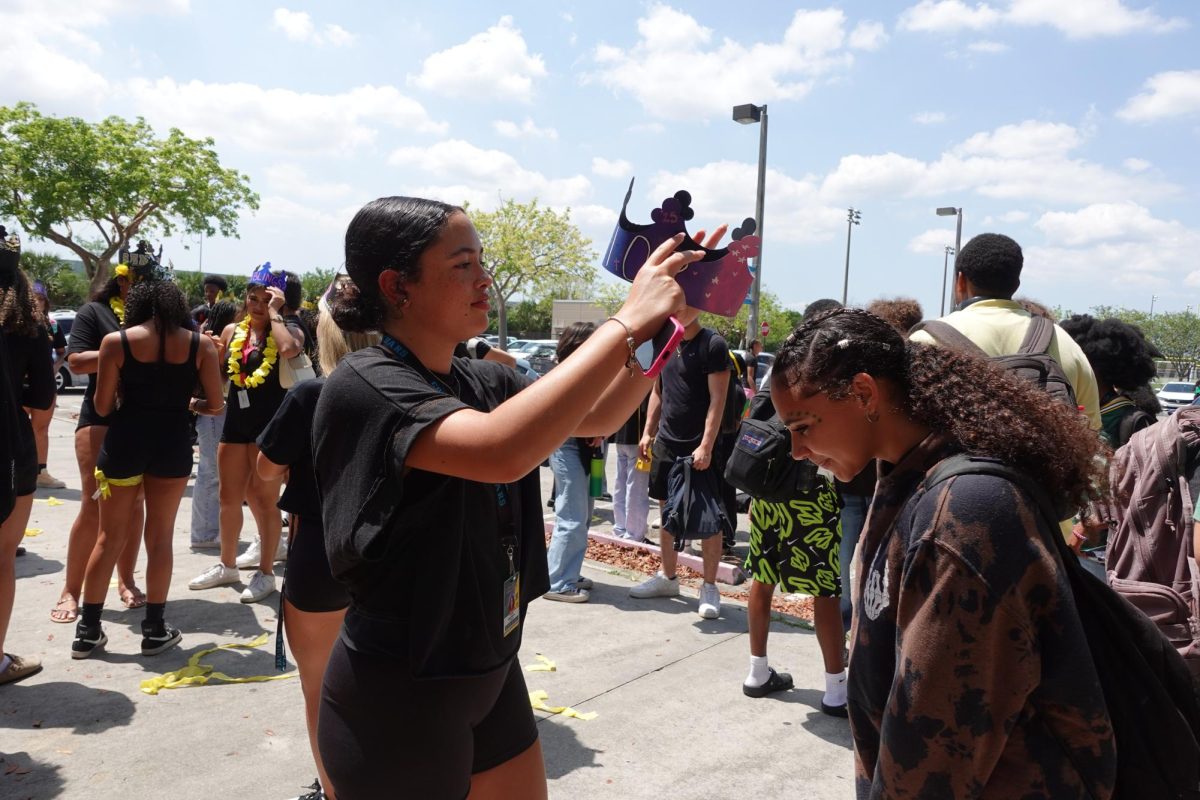

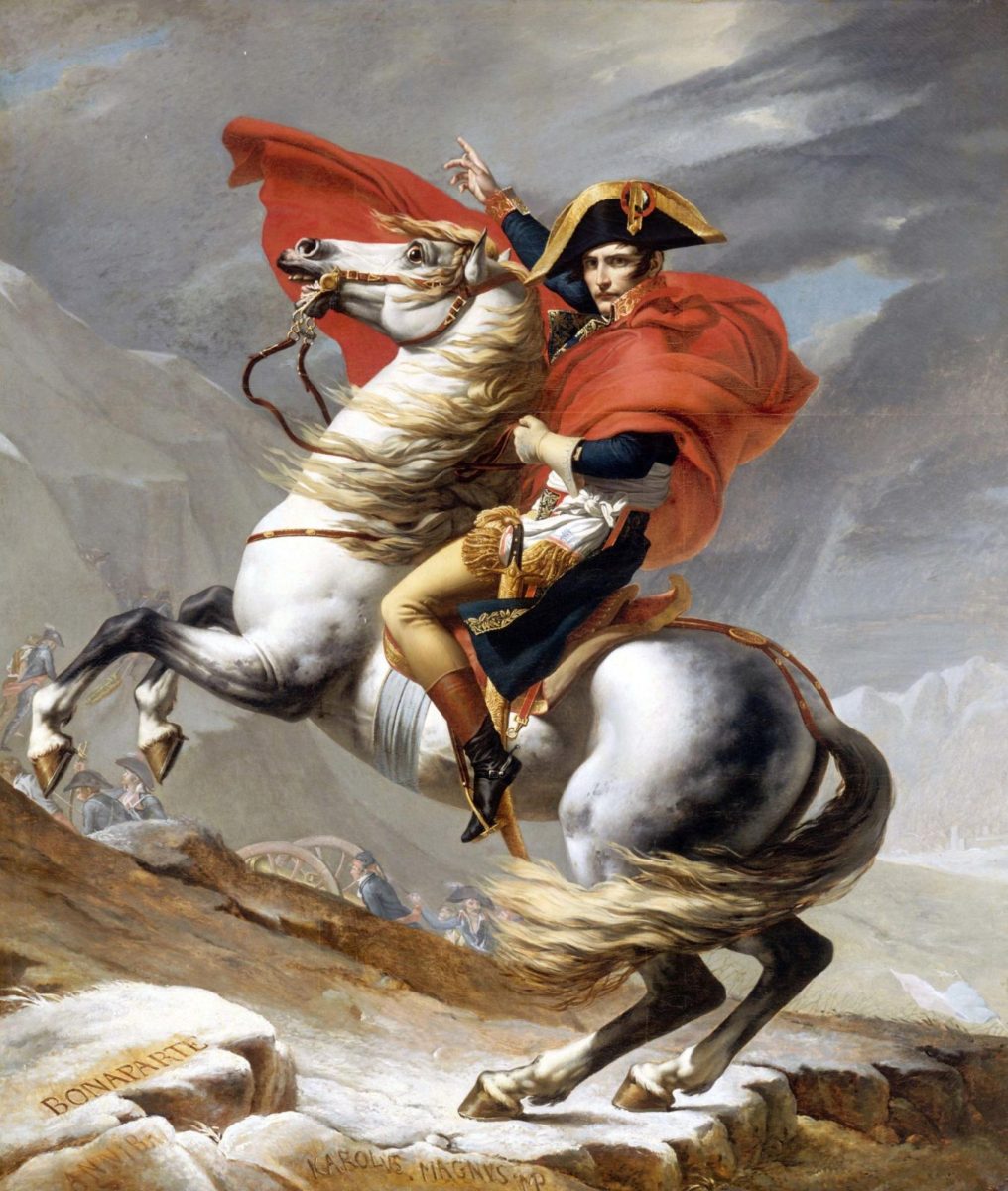


Ron • Sep 13, 2024 at 7:26 pm
Robert, I have recently met your dad who adores you by the way and has told me how interested you are in history.
May I invite you to a very interesting PBS presentation by Robert Steve’s titiled the growth of Fascism which goes back to WWI that enabled Mussolini and Hitler to rise and fall from power.
I think you’ll learn and realize how history does seem to repeat itself and could again if we’re not careful and on guard against such horror!
Just a suggestion and good to meet you!
Ron !